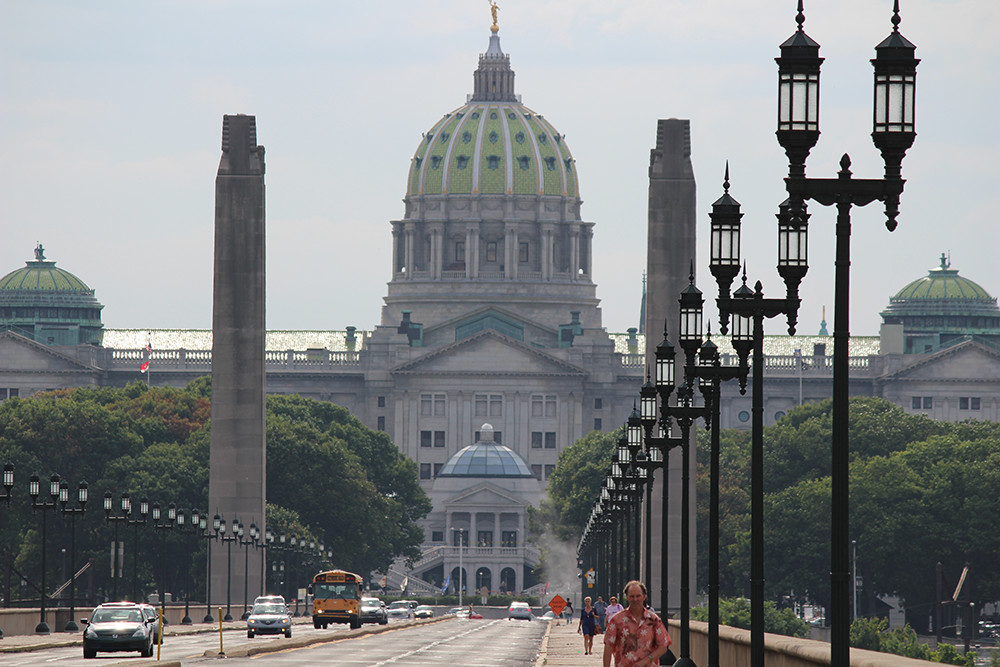‘Reasonable’ Fiscal Projections vs. ‘Plausible’ Projections

(The Center Square) — As Pennsylvania lawmakers kick off annual budget hearings on Tuesday, the Independent Fiscal Office fielded questions about revenue projections, the minimum wage and what could cause problems for the general fund.
In his budget presentation to the Senate Appropriations Committee, IFO Director Matthew Knittel noted that his office was less rosy that the governor’s administration on the state’s tax-and-spending balance.
IFO projections expect a $4.2 billion budget deficit in 2024-25 with current policy, rising to a $6.7 billion deficit in 2028-29. The gap between IFO projections and Gov. Josh Shapiro’s estimate is about $1 billion in the current fiscal year, but $4.5 billion by 2028-29.
He characterized the Shapiro administration’s projections as plausible, but argued the IFO’s expectations are more reasonable.
Corporate net income tax revenues have fallen, but higher interest rates have meant bigger returns on Treasury holdings, giving an unexpected boost. The larger picture for the future, though, is one where Pennsylvania follows the path of other states and those bonuses disappear.
“Pew Research put out a brief; all of the states across the board are seeing a broad revenue slowdown,” Knittel said. “Pennsylvania, we’re slowing down here, we’re decelerating, it’s still positive — but we can see in our withholding tax collections, we can see in our sales tax collections, things are reverting back down to what I would characterize as a normal rate of growth.”
Senators also questioned Knittel about the impacts of increasing the minimum wage to $15 an hour, as the governor hopes to do. Democrats emphasized the potential benefits of an increase, arguing that low-wage workers spend more money locally, while Republicans pointed out an IFO study that noted the effective hourly minimum wage is around $10.50.
Going forward, Knittel and legislators noted that an aging population and the shortage of housing could cause problems for tax revenues, keeping up with spending and encouraging young people to stay in Pennsylvania.
Republicans argued that stopping future problems meant reining in some spending.
“My concern is that the budget presented by the governor includes rosy assumptions and vastly overstates spending projections,” Sen. Scott Martin, R-Strasburg, said.
“I just hope we don’t miss this moment,” Sen. Vincent Hughes, D-Philadelphia, said. “It would be a sad state of affairs to say to the people of the commonwealth of Pennsylvania when we had the opportunity to make dramatic investments that would only yield further development, it would be sad for us to say we missed the moments and that we turned away from them.”






